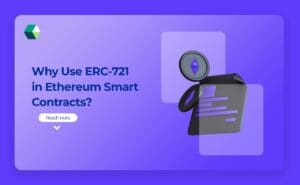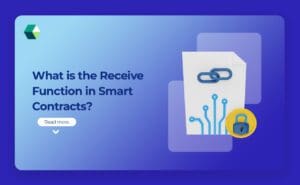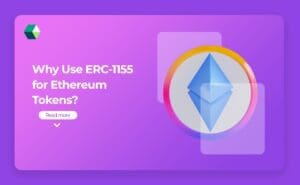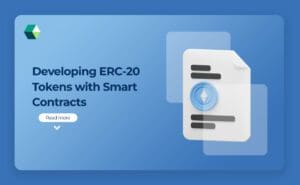Discover how smart contracts automate digital trust. Explore real-world examples, benefits, and key challenges of using self-executing code in digital agreements.

When you make a transaction on a blockchain like Ethereum, you have to deal with something called a…

TimeLock Smart Contracts play a crucial role in boosting security and control within the ever-changing world of Blockchain Technology.…

The ERC-721 Standard has become a cornerstone in the world of Ethereum Smart Contracts, particularly in the realm of Non-Fungible Tokens (NFTs).…

Blockchain and Smart Contract Development, certain functions play pivotal roles in ensuring the proper execution and functionality of…

The Ethereum Blockchain has introduced various token standards, each serving unique purposes and offering specific advantages. Among these, ERC-1155 stands…

A referral contract is a smart contract designed to manage and incentivize user referrals in decentralized applications (dApps). It…

In the blockchain world, creating digital assets or tokens is a big deal. One of the most popular…

Smart contracts have emerged as a revolutionary technology within the blockchain space, enabling decentralized applications to run automatically…

Smart Contract Development, precision and clarity are paramount. Enumerations, commonly known as enums, play a vital role in…